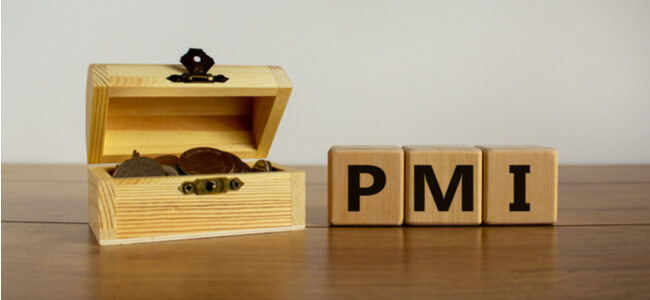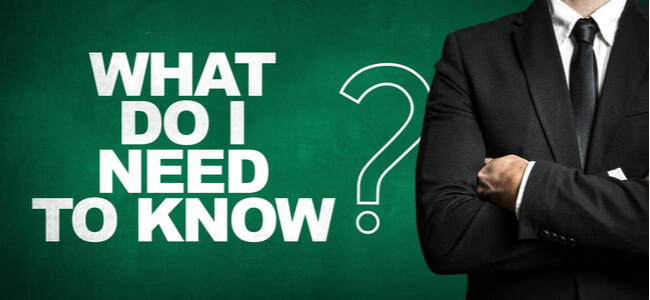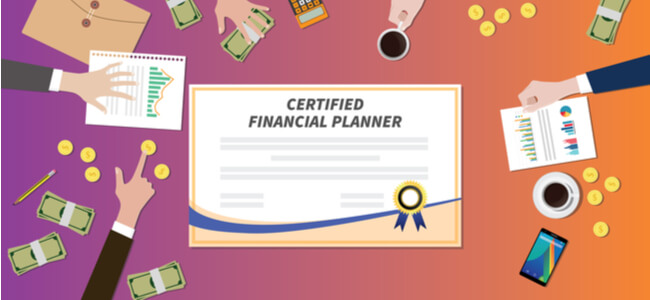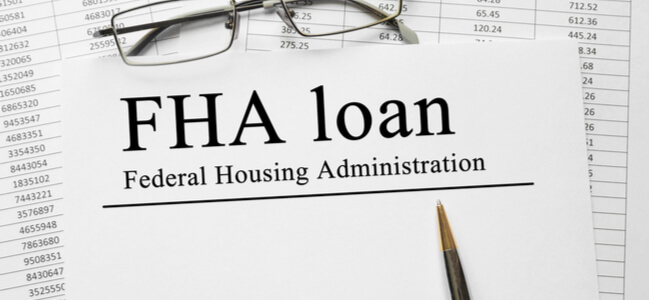Understanding The Concept Of Private Mortgage Insurance

Coming up with 20% for a down payment might be impossible, especially on a tight budget. Low-down-payment mortgages are an attractive option.
Although, the flip side is that you’ll need to pay insurance. What is PMI? How much does it cost? Can you get out of paying it? What is mortgage insurance? Read on to find out all the answers.
What Is Private Mortgage Insurance?
Let’s start by answering the question, what is PMI insurance? This is a type of coverage required when you use a conventional loan to purchase your home and pay less than 20% as a down payment. A lower down payment makes the home more affordable, but you’ll need to pay for mortgage insurance.
If you refinance with a conventional loan and have less than 20% equity in your home, it usually requires a PMI.
The PMI is protection for your lender. A private insurer will pay a portion of the balance due on your mortgage to the lender if you default. This doesn’t stop the lender from pursuing a foreclosure or other legal action against you.
It also doesn’t protect your credit score. If you come up with a larger down payment, the lender has more confidence in your ability to repay the loan. If your down payment is smaller, the lender assumes more risk.
Why Do You Need It?
Private mortgage insurance makes it possible for you to purchase a home with a smaller down payment. According to the National Association of Realtors, 12% of all first-time homebuyers in 2019 made a down payment of six percent. A lower payment upfront means you’ll need to come up with less cash.
You can apply for a different type of mortgage loan, such as a VA loan, which doesn’t require insurance. FHA loans also require private mortgage coverage, but the system works differently.
The PMI on an FHA loan is between 0.45% to 1.05% of the total loan amount if you put down less than 20%. This is much less than the PMI on a conventional loan. However, the obligation to pay the insurance remains for the entire term.
Some conventional loans can be accessed through alternative lenders that waive the PMI requirement if you put down less than 20%. However, the interest rate is higher.
How Much Is PMI And How Do You Pay It?
The yearly cost of PMI ranges from 0.55% to 5% of your original loan amount. The average is around 2.25%. The cost is based on the following factors:
- Down payment. The larger your payment, the less you need to pay for insurance
- Mortgage size. Your PMI corresponds to the size of your mortgage. The more you borrow, the more insurance needed
- Type of mortgage. Private mortgage insurance on a fixed-rate loan is less than on an adjustable-rate loan. This is because these are riskier for the lender. If there’s a hike in interest rates, you may not be able to make your monthly payment
- Credit score. The higher your credit score, the lower your insurance payment
Some lenders offer a couple of different options for paying private mortgage insurance. It’s important to find out in advance which options are available to you. The most common are:
- You pay the entire PMI upfront at closing
- You pay monthly, which means the insurance is added to your monthly loan payment
- You pay a portion upfront at closing and the balance is incorporated into your monthly mortgage payments
When Can You Stop Paying PMI Insurance?
When the balance on your home loan is 78% of the original purchase price, the private insurance carrier must terminate your PMI payments. According to U.S. Mortgage Insurers, 18% of homeowners pay private mortgage insurance for five-and-a-half years before it’s suspended.
You can stop paying for this coverage if:
- You make all your mortgage payments on time
- You didn’t take out a second mortgage
- The balance left on the principal is less than 80% of the current market value of your home or the original appraised value, whichever is lower
- You reached the mid-way point of your home loan term
Is PMI Tax Deductible?
Your private mortgage insurance premium is currently tax-deductible under certain conditions. It’s best to consult with an accountant or a qualified tax preparer. The deduction can be applied to your 2018, 2019, and 2020 taxes.
PMI is calculated as qualified mortgage interest on your tax return and could result in reducing your tax obligation. Whether you can take the PMI tax deduction depends on your adjusted gross income. It’s not an option if you don’t itemize your deductions.
The Bottom Line
When you put down less than 20% on a conventional home mortgage, the risk to the lender is greater. To protect against a potential default, the lender requires you to take out private mortgage insurance. This doesn’t protect you from legal action should you default on the loan.
The PMI premium can be as little as 0.5% and as much as 5% of the original loan amount. The rate is set by the lender. Moreover, there are steps you can take to mitigate your PMI mortgage premium.



